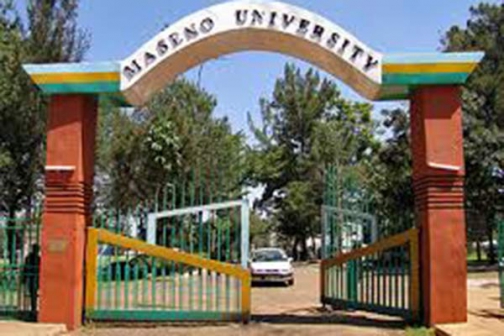×
The Standard e-Paper
Join Thousands Daily

Until about a decade ago, many families never recognised the importance of growing African indigenous vegetables, with kales, cabbages, spinach and other exotic varieties taking control of kitchen gardens.
The indigenous varieties were only available in the village, where people would pick them from the bushes, only if they were too broke to afford a ‘decent’ meal.